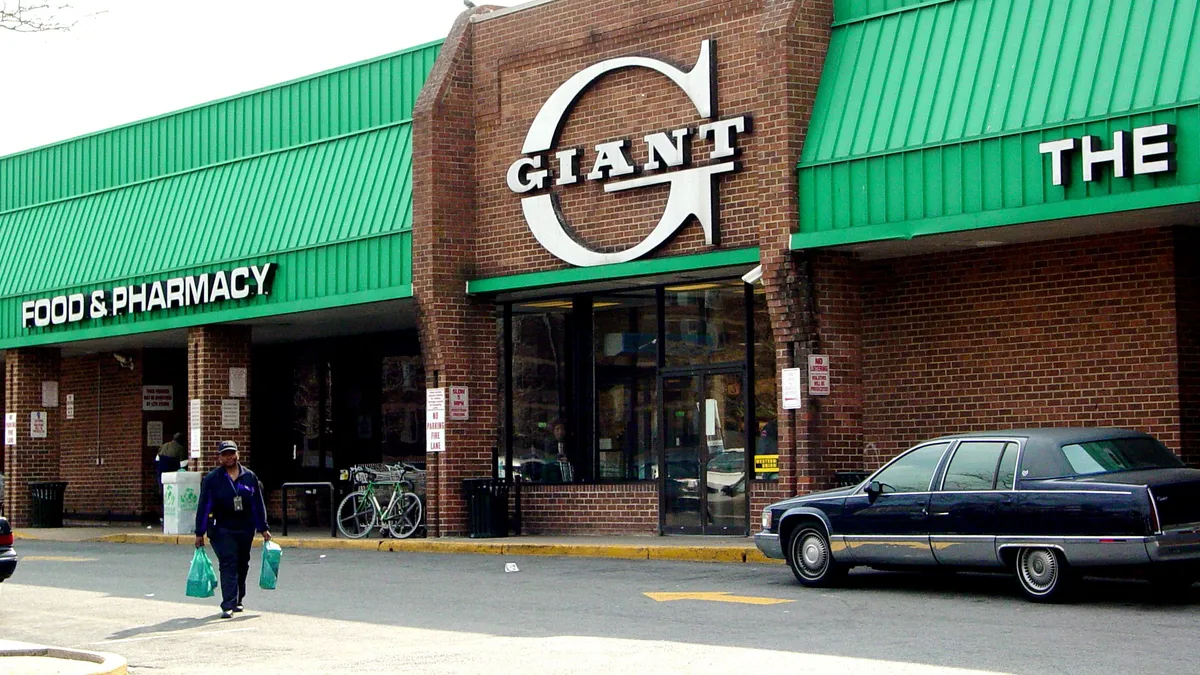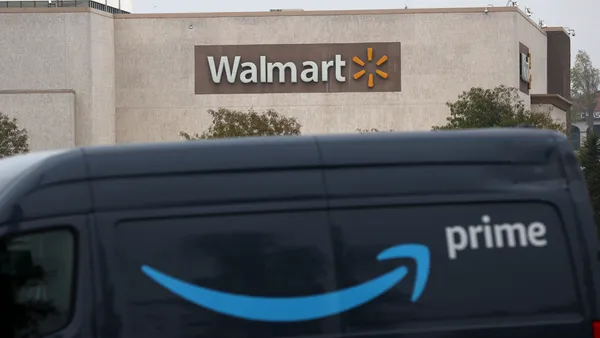KISSIMMEE, Fla. — When Dan Covert set out to build a team of technologists tasked with innovating the back-end of Ahold Delhaize stores, he didn't seek out grocery professionals with years of experience. Instead, he hired people from aerospace, ocean freight and meal kits.
Covert is director of supply chain research and development for Retail Business Services (RBS), a technology-focused entity that exclusively serves Ahold Delhaize's brands, founded in 2018. His job is to evaluate technologies that can help Ahold's supply chain better deliver for its stores and to do that, Covert wanted to avoid entrenched ideas and traditional thinking.
RBS, said Covert, represents the recognition "that the food retail space is changing so quickly and the solutions that a supply chain has to deliver are really critical." In addition to supply chain, RBS units are focused on the retail experience and IT.
"Our customers are our stores. We have to meet the demands that they have so if they want to offer this omnichannel experience — any time and where — what does that mean from a supply chain perspective? Does that mean we have to deploy inventory differently? Do we have to warehouse differently? Does it mean forward deployment of inventory? All of these strategies are an essential part of what my team does," Covert told Supply Chain Dive on the sidelines of The Retail Industry Leaders Association's LINK2019 conference.
Covert said most of his team's direction comes from supply chain executives across Ahold's brands, who report their problems and concerns to him.
"If someone comes to us with a problem, our first step is, 'Is this a problem?' That happens all the time because you might see one part of the puzzle and think that it is the biggest issue in the world and you dig in you see that one person just needs to talk to another person."
But if a problem does indeed exist, the next step is to quantify it.
"Data is definitely integral to that," he said, noting that the 2016 merger of Ahold and Delhaize put two very different supply chains, and data operations, under one roof. "Putting two big organizations together, data doesn’t just glue together perfectly. We definitely have ambitions of being more data-driven in everything that we’re doing. Though I wouldn't say that we prioritize based on what has the most abundant data. We prioritize for business need," said Covert.
Beyond objectively assessing the supply chain wants and needs of Giant Food Stores, Giant Foods, Stop & Shop, Hannaford and Food Lion, along with Peapod e-commerce grocery delivery, Covert and his team are also tasked with thinking long term — assessing technologies likely to make a major impact in supply chains in the next five years.
After determining what technologies to apply where, the next step is to test solutions.
"I’m very much of the mentality where I want to test and learn as quickly as possible. See if it works, iterate. If it doesn’t work, scrap and figure out something else," said Covert.
Covert said he sometimes feels behind the times in terms of supply chain technology, compared to Walmart Labs, for example. But compared to old school views of the supply chain, Ahold is ahead of the pack.
"I don’t think every company has strategy with supply chain," he said. "Supply chain is a cost center … you only know about supply chain when your delivery is late or when it’s more expensive than you thought. That's not where supply chain is going."














